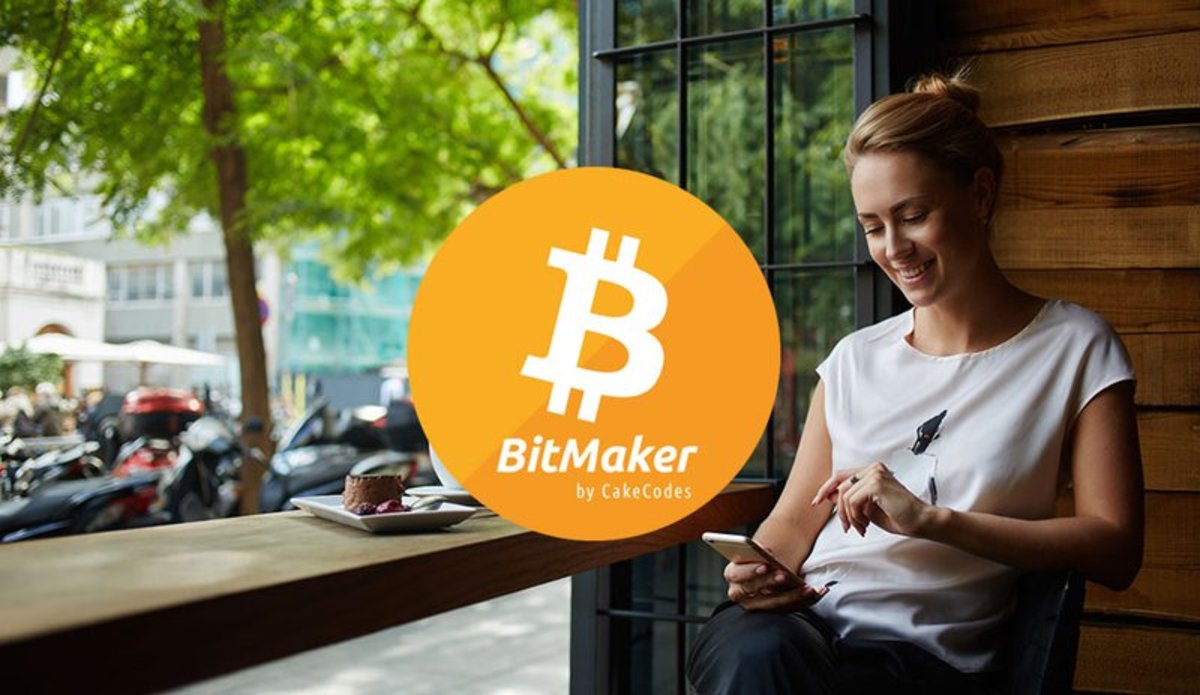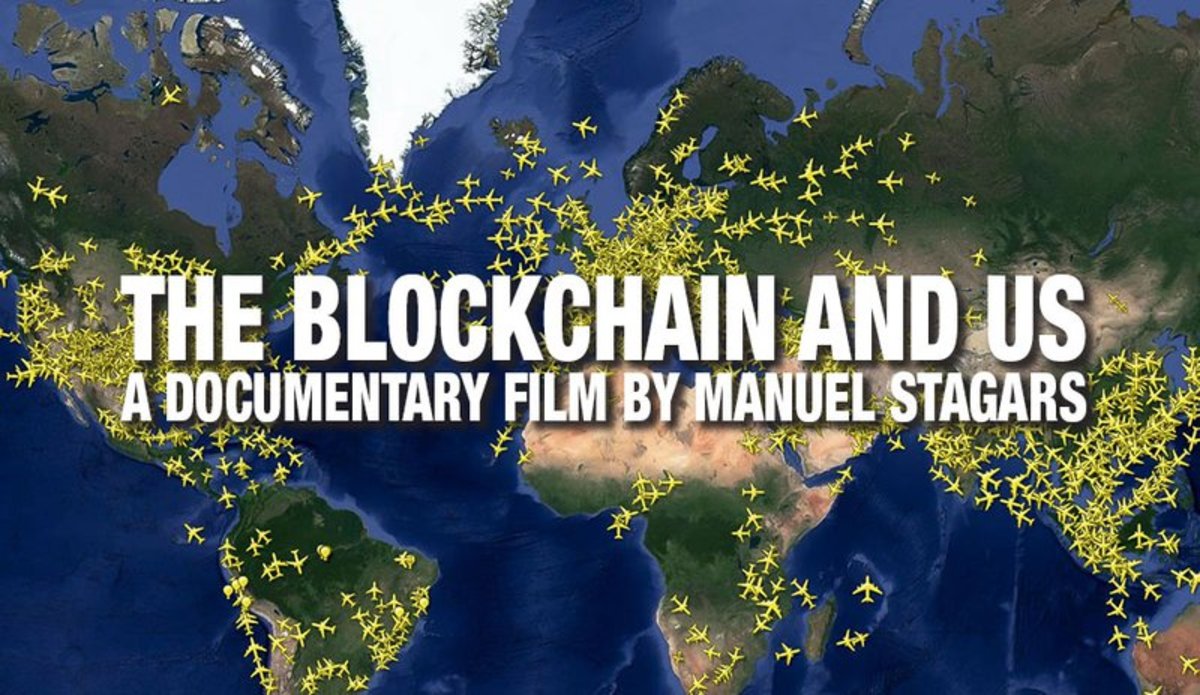
Over the past couple of years, a Bitcoin-powered mobile application developed by Seattle-based blockchain adtech and payments company CakeCodes has quietly amassed 250,000 active monthly users. The Android app BitMaker incentivizes users to engage with other mobile applications, such as freemium games, in an effort to get the user to download the app. BitMaker users are rewarded for trying out the apps and filling out forms found on traditional survey sites, with payouts made in either bitcoin or ether.
Bitcoin Magazinerecently reached out to CakeCodes CEO Simon Yu to get more details on BitMaker’s success, how this Android app works, why they use bitcoin and how they plan to expand their operations in the future.
How Does It Work?
The point of BitMaker is to get users to try out other mobile applications or fill out forms for free trials of various products or services. It’s sort of a form of advertising where the viewer of the ad also gets paid in the process, which is something Brave is working on with their Bitcoin-enabled browser as well.
When tasks are completed in BitMaker, users are rewarded with in-app tokens known as Blocks. These “Blocks” can then be converted into bitcoin or ether once a certain threshold has been met.
Users are able to view an engaging advertisement once every 30 minutes, for which they are paid roughly $0.002 worth of Blocks. One of the advertisements tested by Bitcoin Magazine was more of a quick trial of a mobile game rather than a promotional video that is simply watched.
In addition to the simpler advertisements, there are standalone tasks that involve a bit more work, such as downloading a freemium game or signing up for a free trial of Hooked on Phonics. These tasks can pay out more than a couple of dollars’ worth of Blocks each.
“Traditional advertising methods include pushing unsolicited ads onto people,” said Yu. “We wanted to combat this by giving consumers the option to opt in and get paid for their time used on trying a new product. With BitMaker, end users get paid, businesses only pay upon engagement, and customer acquisition costs are dramatically decreased. Everyone wins. What we’ve done is create a simple, fun way for consumers to be rewarded for trying cool new products.”
“We are able to understand what the customer needs because we’re also the audience: our team is made of app developers and gamers,” said Calvin Hsieh, who is the founder and CTO of CakeCodes. “That’s why we crafted our app based off the mechanisms behind popular role-playing games, including World of Warcraft and Final Fantasy. While playing, gamers are rewarded for completing a mission for items like digital swords or in-game gold. We made this experience tangible by tying it to the real world; when a user completes a mission on our app, they receive real money. After 700,000 installs, we are proud to state that our business model works.”
Payouts Made via Bitcoin and Ethereum
Of course, BitMaker is not the first platform that allows people to get paid for essentially signing up for free trials of products or services. These sorts of survey sites have existed since the early days of the internet.
The key difference here is the focus on Bitcoin throughout the application. In fact, BitMaker’s logo really isn’t much different from the classic orange-and-white Bitcoin logo.
“Bitcoin and cryptocurrency are more exciting to attain than a $1 gift card, which you just pick up at the store next door,” said Yu when asked why BitMaker does not use gift cards for payouts, which are a common choice on other similar platforms. “The exciting part about bitcoin is that it could triple in a month; it’s like owning a piece of stock and there’s a thrill aspect.”
The focus on the excitement around the bitcoin price in the app is real. Users will sometimes receive notifications on their phone about the price of bitcoin or ether from the app.
“For people not familiar with crypto, there’s generally two ways to acquire bitcoins, which is to mine (too complicated for the average person) or risk your money buying it,” Yu continued. “But the average person who isn’t familiar oftentimes associates Bitcoin with either Silk Road or exchanges being hacked and don’t want to risk their money. BitMaker allows anyone to try earning their first bitcoin through us, risk free.”
Yu added that the BitMaker business model also wouldn’t work on traditional payment rails. “As we are a micro-payments business, utilizing blockchain technology enables us to pay almost no fees for sending 15,000+ payments around the world a week,” Yu said. “With PayPal or a standard medium it’d cost us a $0.30 transaction fee in addition to a percentage point on each transaction. If we did this, we wouldn’t have a business model.”
According to the BitMaker website, the app has paid out over 215 bitcoin and 34 ether up to this point. This amounts to over $275,000 worth of payouts at current exchange rates.
There are four total payout options available on BitMaker right now: Bitcoin, Coinbase, Xapo and Ethereum. Due to increased U.S. dollar denominated transaction fees on the Bitcoin network over the past year, Coinbase, Xapo and Ethereum withdrawals can be made at lower thresholds.
Passing on an ICO for Traditional Equity Crowdfunding
According to Yu, CakeCodes has not closed the door on an ICO yet, but he also pointed out some potential drawbacks associated with that particular model.
“Although ICOs seem to be the more popular way to attain startup capital for blockchain companies, we’ve seen what happened to the companies who didn’t raise enough capital from an unsuccessful ICO,” Yu said. “There’s a big risk of having our token out there and not being able to raise future rounds if we don’t succeed. Our vision is to disrupt advertising the way Airbnb disrupted hotels; we allow users to be paid for their time spent on viewing ads. We made this decision to put us in a better position for the future.”
CakeCodes intends to use the money from the Wefunder campaign to increase user growth, fast track development for an iOS app and add new features to the Android app.
Update: On April 28, a CakeCodes representative alerted us to an SEC request to remove the launch date from the Wefunder site. This article has also since removed the link to the campaign.










